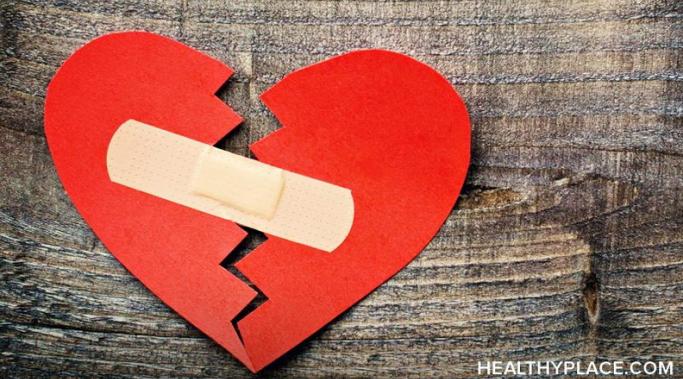Blogs
As a person who suffers from chronic depression, I know when depression is looming. And when depression looms, I've learned to go easy on myself. If I don't, a day or two of symptoms may turn into a major depressive episode.
You have power over your mind - not outside events. Realize this, and you will find strength. ~ Marcus Aurelius
Mind Defined
How would you define the word “mind”? When you hear or see the word “mind”, what typically comes to mind for you? No pun intended.
The mind, according to Merriam-Webster Dictionary, is the “Element or complex of elements in an individual that feels, perceives, thinks, wills, and especially reasons.” Simply put, the mind is an energetic force that grows and changes based on your thinking, doing and lived experiences.
Saying the word “mind” typically conjures up the word “thought,” in particular private thoughts that no one else knows about unless shared. Have you ever had someone ask you, “what’s on your mind?” The mind is so powerful it allows us to strike up a conversation with ourselves to plan and decide to do something. Have you ever talked to yourself before? I have. The mind is amazing and in one form or another we use it in our daily life to think, memorize, and visualize or even daydream. The mind is your powerhouse.
What defines you?
Stop for a minute and ask yourself that question. What makes you who you are? Is it your funky personality or your genuine laugh? Is it your passion for art or athletics or academics? Is it your unique imagination?
One thing is for sure, it isn’t self-harm.
When you have an eating disorder, you lose a lot. Some of these things - weight, bone density, sanity, self-respect - can be regained during eating disorder recovery. Others - like relationships lost to your eating disorder - may never return.
Anthony D'Aconti
The recommended self-help strategies for coping with anxiety, particularly to conquer performance anxiety before big meetings and public speaking, seems to be "Stay calm." However, a recent study suggests that getting excited, the exact opposite of remaining calm, may be more effective at conquering performance anxiety.
Excessive worry doesn't feel good. Both our bodies and our minds experience it in often painful ways. Anxiety frequently causes the mind to fret over a problem. When we do that, we’re thinking about the problem itself rather than a solution for it, and the problem can become quite a monster. Our thoughts have run away with it and now blow it out of proportion, turning metaphorical little mole hills into gigantic mountains. Problems seem like catastrophes.
Boost your self-esteem with the benefits of exercise. Plus 5 unique workouts that are sure to build confidence and break a sweat.
Yesterday, I was evacuated from my apartment due to problems with the power, the heat, the roof, and the water. I spent the night at a shelter and returned home today. It was not a fun experience, but it made me think about what people with a mental health condition should do to keep their sanity in the event of a natural disaster.
In my previous post, I looked at the question of whether or not your therapist was doing "the correct thing" in treating your PTSD. I suggested that this is an ambiguous question, for what is correct from her or his point of view is usually related to the treatment model they are using, while for YOU it is not about that at all. So, we really have two questions to look at.
I suggested previously that assessing whether or not your therapist was doing the correct thing was basically beyond the capability of most psychotherapy clients, with the probable exception of a client who was themselves a psychotherapist, and who uses the same treatment model. Finally, I suggested that it was actually quite sufficient for you, as the client, to deal simply with YOUR part of this question. That question, as I have thought of it, forms the title of this post: Is your PTSD therapy giving you the results you want?
Panic attacks are brief episodes of very intense physical and emotional symptoms that can make someone afraid that he or she is losing control or even dying. In panic disorder, they seem to come out of nowhere, and this, people say, is often worse the the panic attack itself.









I believe she will only be able to rid herself of her demons, and hopefully her BPD as well, when she's ready to confront the abuse of her father. If she can put the blame where it belongs, she may stop projecting that victim/perpetrator cycle on the present men in her life. These demons are a metaphor for the purgatory she has created for herself. That reality has consequences in the real world, but it need not be real in the tangible sense. Exorcising her demons will require the expenditure of real physical energy and probably the destruction of aspects of her personality. If this ever happens, and it's possible but not probable, then these demons will evaporate. They are only as real as one's personality is real. In short, reality is not the question, it's what you make of the things you feel to be real.